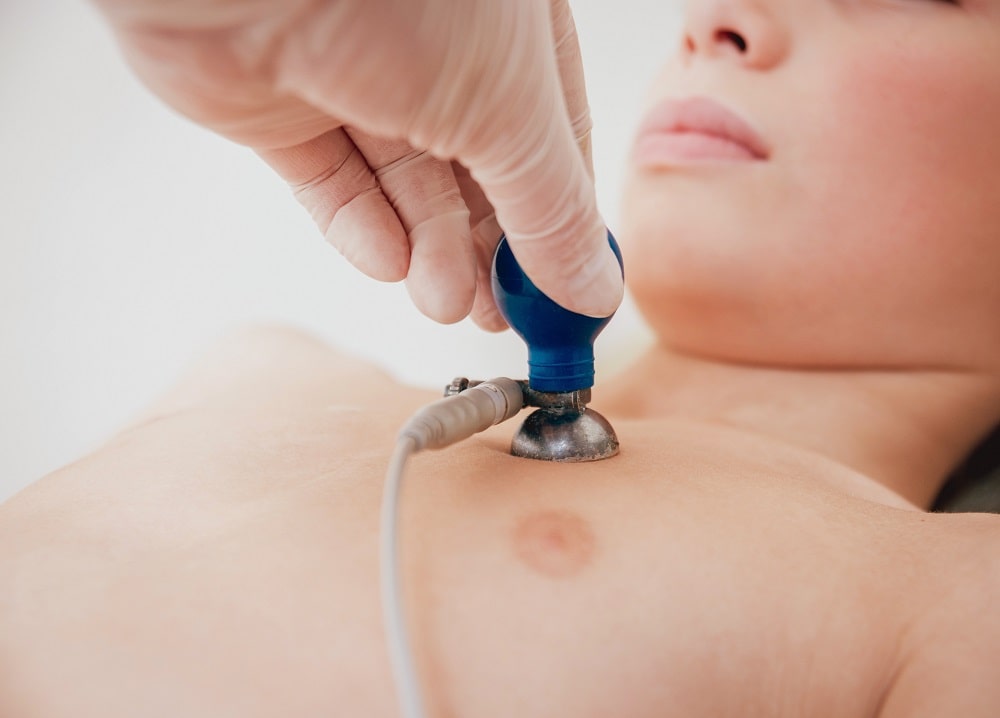Heart conditions and heart attacks are assumed to be an ailment for the older generation by lots of people. They think that these issues are built as time pass by, usually as a result of a sedentary lifestyle, smoking, obesity, diabetes, or high blood pressure. But the opposite can be true. Heart disease and heart attack can inflict themselves on everyone regardless of age—including children with seemingly strong health. But what makes it more worrying is that these younger people may experience heart conditions such as congenital heart disease from the moment of birth rather than from other risk factors.
Equally important, not all symptoms of heart issues will constitute having such heart disease. Symptoms like dizziness may signify a lack of fluid or that chest pain may be related to musculoskeletal chest wall pain rather than a heart problem. Also, you should note that symptoms of heart issues can sometimes be hard to label, and not all symptoms occur at the child’s chest. However, if you think your child has a possible heart issue, it’s best to take them to a pediatrician or primary care doctor to ensure their condition.
Furthermore, if you want to know how to detect a possible heart problem in your child, you can check this article, which will provide some potential warning signs.
1. Shortness Of Breath
The heart and lungs are companions in ensuring that your body receives oxygen-filled blood. The blood devoid of oxygen is taken by the right side of the heart and regularly pumps towards the lungs so that the blood can have oxygen again. However, if you have heart failure, this process can be affected. And the main sign of heart failure is shortness of breath.
Similarly, there are other cardiac-related causes. These causes can be aortic disease, arrhythmia, atherosclerosis, and valvular heart disease. Additionally, you may experience shortness of breath during rest, activity, or during times when you’re lying on your back. Altogether, you should bring your child to a pediatrician if there’s shortness of breath that happens frequently or as a precaution for the possibility of agonal breathing. Likewise, if you want some details concerning agonal breathing, you can look at this official source.
2. Chest Discomfort

Chest discomfort, also known as angina, is the most common sign of heart issues. Your child may experience tightness, pain, or pressure in the chest if there’s a blocked artery, poor blood flow to the heart, or are undergoing a heart attack. Angina may occur when at rest or when engaged in physical exercise. Also, the sensation may last for more than a few minutes. Likewise, some examples of cardiac conditions can cause chest pain in children. These are mitral valve prolapse (MVP), pericarditis, arterial aneurysm, and corona artery abnormalities.
To note, you should remind yourself that chest discomfort is less likely a heart issue if there’s only a fleeting pain, surface pain, or pains that only gets worse when touched. You should also note if external pressure doesn’t also alter the pain. Overall, you should still let your child go to a medical professional even if the pain is mild, as it may still indicate heart trouble.
3. Dizziness
Suppose your child feels unsteady while having shortness of breath or chest discomfort. In that case, you should probably call a medical professional immediately who may check your child’s heart with medical scans and some other ways. The heart may have an issue pumping blood that causes a sudden drop in blood pressure. Likewise, other heart-related indications can cause the feeling of dizziness or lightheadedness; these include:
Congestive Heart Failure – A chronic condition in which there’s a problem in heart pumping.
Arrhythmia – This refers to an abnormal heart rhythm. Abnormal hormone levels, blood chemistry imbalance, and heart attack are the common causes of arrhythmia.
Arteriosclerosis – This heart issue happens if there’s a hardening and loss of elasticity in the arteries, reducing blood supply to the brain, heart, or intestines.
Carotid Artery Disease – This condition refers to narrowing the carotid arteries or the two large blood vessels that give blood oxygen in the front part of the brain.
Wrapping Up
Many individuals think that heart problems and heart attacks are only for older people. They assume that it only accumulates as time flies. On the contrary, these issues can happen even to children. Other children even experience a heart condition since their birth.
In addition, one should be careful in looking for the symptoms of a heart problem, as not all symptoms are indeed a sign of heart disease. Furthermore, these symptoms can even be hard to identify sometimes. However, it’s still nice to carefully know the warning signs of a heart problem in children. In that way, it can be easier to bring them to a medical professional for help so that you can prevent the possibility of a lack of treatment. Overall, some warning signs to note are chest discomfort, dizziness or lightheadedness, and shortness of breath.

